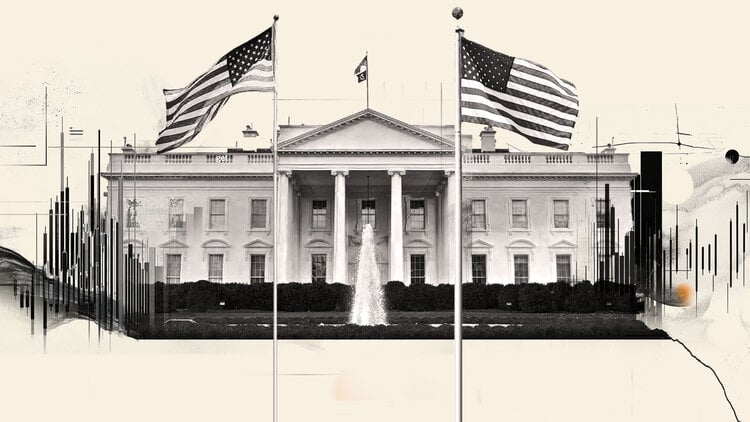The US Democratic Party bill to invest $1.75 trillion (about R$9.9 trillion) in the “green economy” could generate a tax cut for the richest 5% of Americans, according to a new analysis. The proposal, named Build Back Better (Rebuild Better), released by the White House last week, calls for tax increases for the wealthiest families, including a surcharge for multimillionaires and billionaires.
In contrast to this, however, observers warn that the bill could include a repeal of the $10,000 (about R$56 thousand) ceiling on the federal deduction for state and local taxes, known by the acronym SALT — which would result in the in the end, a cut in the taxation of the richest. Some Democrats have said they will not vote for the legislation without action on the SALT ceiling, which has been a specific issue in California, New York, New Jersey and other high-tax states.
The Bipartisan Committee on a Responsible Federal Budget (CRFB) highlighted an excerpt from an analysis released on Friday that said repealing the SALT ceiling would more than offset the planned increase in US taxes. rich.
“If included [na proposta], a repeal of the two-year SALT ceiling would reduce taxes on the richest 5% by more than US$70 billion” (about R$393 billion) in fiscal year 2023”, calculated the CRFB. With that, repeal of the SALT ceiling would lead to a $30 billion net direct tax cut for wealthier taxpayers.
The 2017 tax law, signed by former President Donald Trump, imposed a $10,000 cap on the amount of state and local taxes (including property taxes) that families can deduct from their federal taxes.
Larry Summers’ Vision
More than 96% of the benefits of a repeal of the SALT ceiling would go to the top 20% of families, according to a 2018 analysis by the organization. Tax Policy Center.
“If lawmakers really intend to raise taxes on top earners, repealing the SALT ceiling makes that goal much more challenging,” wrote the CRFB. “Instead, a much more progressive and fiscally responsible decision would be to abandon the repeal of the SALT ceiling.”
A former economic adviser to Barack Obama and a former Treasury secretary during the Clinton administration, Larry Summers has expressed concern about the legislation’s fiscal implications.
“I’m certainly not a leftist ideologue, but I think something is wrong when taxpayers like me, well in the top 0.1% of the income distribution, get a significant tax cut on a tax bill exclusively for Democrats like now it seems likely to happen,” Summers tweeted on Sunday (31).
The Build Back Better proposal calls for new taxes on the rich. This includes a 5% surcharge on income above US$10 million (approximately R$56 million) and another 3% additional tax on income above US$25 million (approximately R$141 million). In addition, the proposal closes loopholes that allow some wealthy taxpayers to avoid paying a 3.8% net income tax on investment earnings.
“There is no agreement!”
Importantly, there are still many unknowns here, including whether and how Democrats will approach the SALT ceiling. The CRFB warned that the numbers in its estimate are “approximate” and that the final figures could change when the reconciliation package is released by the Joint Taxation Committee.
Rep. Tom Suozzi of New York has warned that he expects Congressional action on SALT. “Without SALT, there is no deal! I’m confident he will be part of the final deal,” the Democrat said in a tweet.
Strategists at investment bank Raymond James said that if the SALT were changed, the “most likely outcome” is that the legislation would remove the SALT cap for two years, potentially with an income or total dollar cap.
“It’s more of a budget math and political movement that positions Democrats to offer a temporary tax cut, especially for high-tax Democratic states,” Raymond James’ strategists wrote in a note last week.
In this scenario, the SALT ceiling would be eligible to return after two years. The CRFB said the reconciliation project “would almost certainly raise taxes on top earners if and when the repeal of the SALT ceiling expires.”
Share:
Reference: CNN Brasil
I am Sophia william, author of World Stock Market. I have a degree in journalism from the University of Missouri and I have worked as a reporter for several news websites. I have a passion for writing and informing people about the latest news and events happening in the world. I strive to be accurate and unbiased in my reporting, and I hope to provide readers with valuable information that they can use to make informed decisions.







